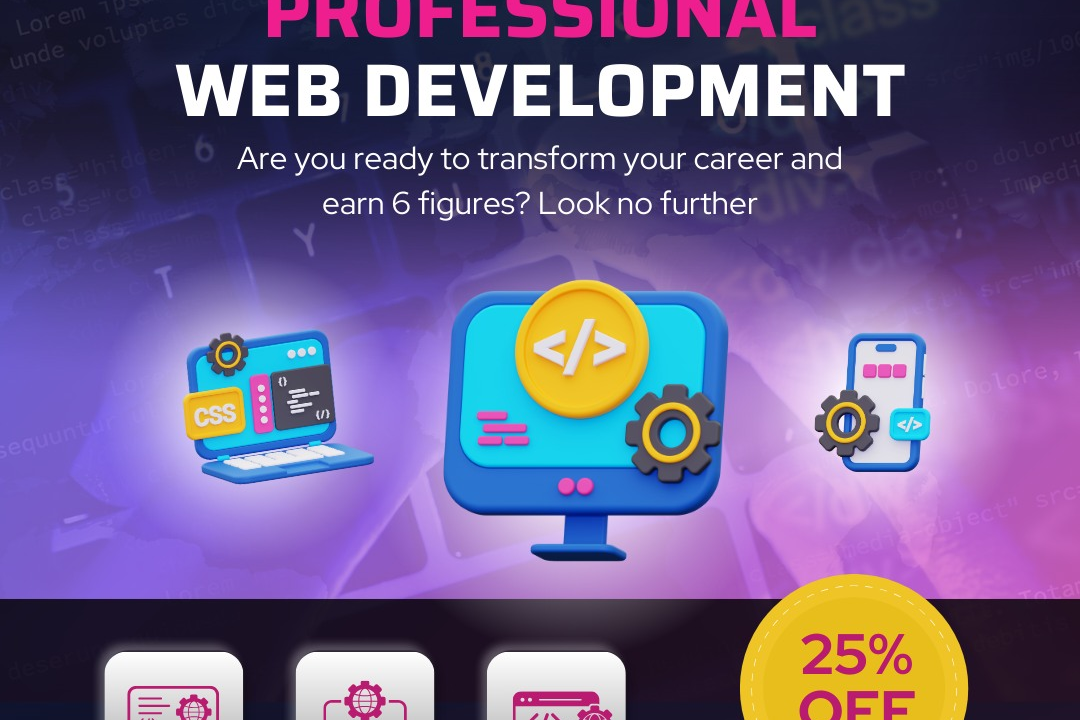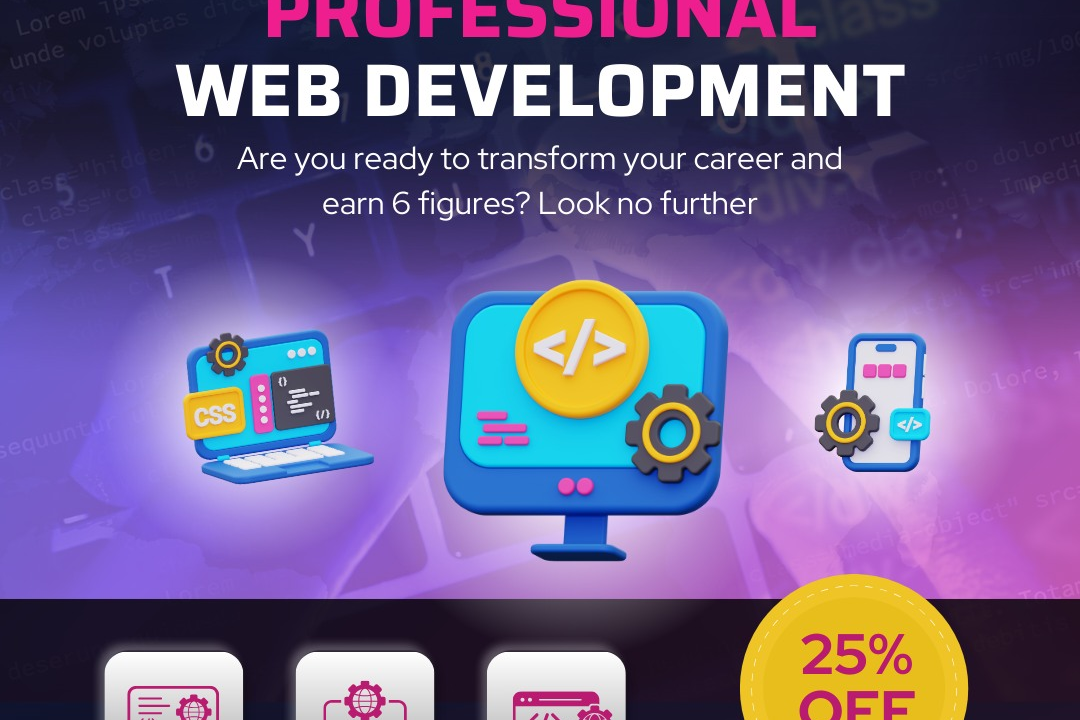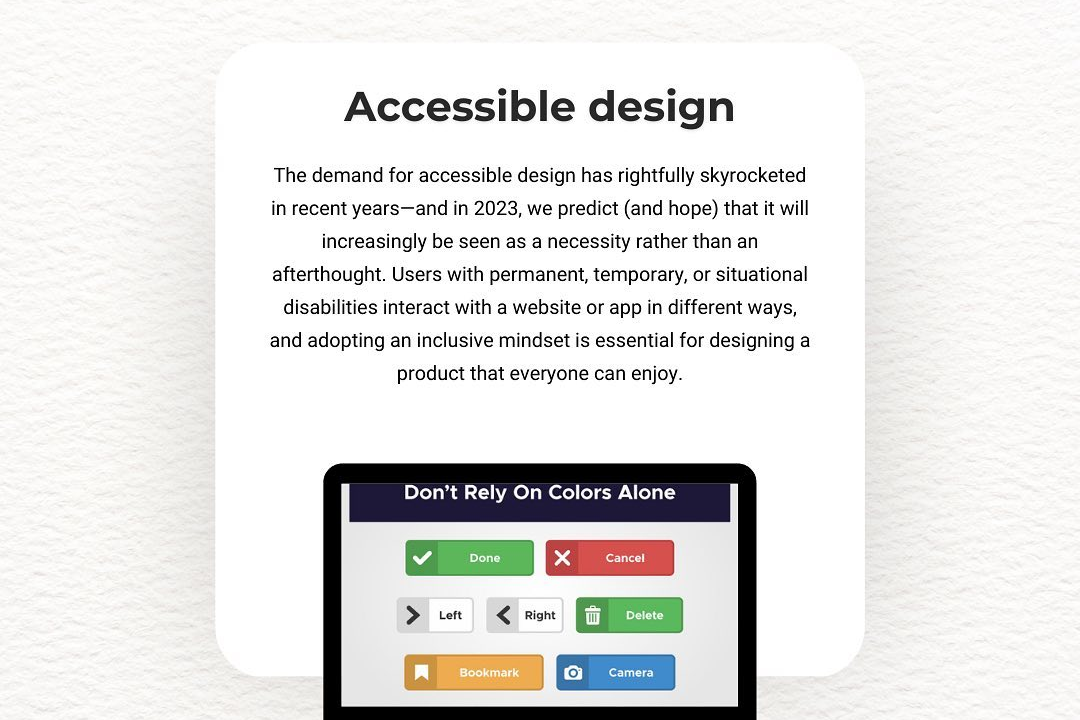Selenium Training And Placement
Selenium training at JustAcademy provides a thorough introduction to automation testing using one of
Selenium Training And Placement
Selenium training at JustAcademy equips learners with essential skills for automation testing in today's tech-driven landscape. As businesses increasingly rely on automated solutions to ensure software quality, proficiency in Selenium—a widely used framework—becomes invaluable. The training not only covers vital concepts and practical applications but also includes real-time projects that enhance hands-on experience. Furthermore, with comprehensive placement assistance, graduates are positioned to pursue rewarding careers in the software testing domain, making this training a strategic investment for aspiring testers.
To Download Our Brochure: https://www.justacademy.co/download-brochure-for-free
Message us for more information: +91 9987184296
Selenium training at JustAcademy equips learners with essential skills for automation testing in today's tech driven landscape. As businesses increasingly rely on automated solutions to ensure software quality, proficiency in Selenium—a widely used framework—becomes invaluable. The training not only covers vital concepts and practical applications but also includes real time projects that enhance hands on experience. Furthermore, with comprehensive placement assistance, graduates are positioned to pursue rewarding careers in the software testing domain, making this training a strategic investment for aspiring testers.
Course Overview
The ‘Selenium Training and Placement’ course at JustAcademy is designed to provide participants with a solid foundation in automated testing using the Selenium framework. The curriculum covers key topics such as test automation concepts, Selenium WebDriver, test case creation, and integration with various programming languages. Participants will engage in real-time projects that simulate industry scenarios, enhancing their practical skills and confidence. Additionally, the course offers dedicated placement support, connecting learners with potential employers and helping them successfully launch their careers in software testing.
Course Description
The ‘Selenium Training and Placement’ course at JustAcademy equips learners with comprehensive skills in automated testing using the Selenium framework. Covering essential topics such as Selenium WebDriver, test automation strategies, and integration with popular programming languages, this course provides hands-on experience through real-time projects that mirror industry challenges. Participants will enhance their problem-solving abilities and practical knowledge, which is crucial for a successful career in software testing. Additionally, our dedicated placement assistance ensures students are well-prepared and connected with top employers, making the transition from learning to professional success seamless and effective.
Key Features
1 - Comprehensive Tool Coverage: Provides hands-on training with a range of industry-standard testing tools, including Selenium, JIRA, LoadRunner, and TestRail.
2) Practical Exercises: Features real-world exercises and case studies to apply tools in various testing scenarios.
3) Interactive Learning: Includes interactive sessions with industry experts for personalized feedback and guidance.
4) Detailed Tutorials: Offers extensive tutorials and documentation on tool functionalities and best practices.
5) Advanced Techniques: Covers both fundamental and advanced techniques for using testing tools effectively.
6) Data Visualization: Integrates tools for visualizing test metrics and results, enhancing data interpretation and decision-making.
7) Tool Integration: Teaches how to integrate testing tools into the software development lifecycle for streamlined workflows.
8) Project-Based Learning: Focuses on project-based learning to build practical skills and create a portfolio of completed tasks.
9) Career Support: Provides resources and support for applying learned skills to real-world job scenarios, including resume building and interview preparation.
10) Up-to-Date Content: Ensures that course materials reflect the latest industry standards and tool updates.
Benefits of taking our course
Functional Tools
1 - Selenium WebDriver: Selenium WebDriver is the core component of the Selenium suite, enabling automation for web applications across various browsers. It provides an API that allows users to create scripts in multiple programming languages, such as Java, Python, C#, and Ruby. Participants will learn how to handle web elements using locators like ID, name, class, and XPath. Additionally, they will explore advanced techniques such as handling alerts, frames, and pop ups, which are essential for comprehensive web automation.
2) Selenium IDE: As an integrated development environment, Selenium IDE allows students to record and playback test cases quickly. This tool is particularly beneficial for beginners, as it does not require any programming knowledge. Learners will gain experience in using the IDE to create and execute automated tests efficiently. The simplicity of Selenium IDE makes it an excellent starting point for those unfamiliar with automation testing, giving them confidence before advancing to more complex tools.
3) TestNG: TestNG is a testing framework inspired by JUnit but designed to cover a wider range of testing categories. In the Selenium training program, students use TestNG to organize test cases and manage test execution. They will learn how to leverage annotations, run tests in parallel, and generate comprehensive test reports. This framework enhances the test management process by allowing for better categorization and grouping of tests, making it a crucial tool for professional testers.
4) Maven: Maven is a build automation tool used primarily for Java projects. It simplifies the process of managing project dependencies, compiling code, and packaging applications. Through this course, students will learn how to configure Maven with their Selenium projects to manage libraries and dependencies efficiently. This integration helps streamline the setup process, enabling learners to focus more on writing tests rather than dealing with setup complexities, thus enhancing productivity.
5) JUnit: A widely used testing framework for Java applications, JUnit is integrated into the Selenium training to teach students about unit testing fundamentals. Learners will explore how to write and execute tests using JUnit, focusing on concepts such as assertions, test suites, and test runners. Understanding JUnit is crucial for carrying out effective test management and ensuring code quality, which is integral for any software testing professional.
6) Apache POI: Apache POI is a powerful Java library used for reading and writing Microsoft Office documents. Students will learn how to use this tool to manage test data in Excel files, which is a common practice in automated testing. By incorporating Apache POI into their Selenium testing projects, learners can externalize test data, making their scripts more flexible and maintainable. This knowledge equips them with the ability to handle data driven testing scenarios effectively.
7) Browser Drivers: Understanding browser drivers is key for successful Selenium automation. Each web browser requires a specific driver to communicate with Selenium. In this course, students will learn how to download, configure, and manage different browser drivers (like ChromeDriver, GeckoDriver for Firefox, and EdgeDriver). Detailed instruction on preventing common issues, such as version mismatches and path configurations, will ensure that learners can seamlessly run their Selenium tests across various browsers.
8) Page Object Model (POM): The Page Object Model is a design pattern that enhances test maintenance and reduces code duplication. This section of the course will introduce students to structuring their test code more effectively by creating separate classes for page elements and interactions. Participants will discover how to implement POM in their Selenium projects, leading to clearer, more manageable test suites that are easier to update as application changes occur.
9) Wait Mechanisms: Properly managing wait times is critical in automation testing, as web applications can have varying load times. This course will cover different types of waits in Selenium, including implicit, explicit, and fluent waits. Students will learn how to use these wait methodologies to create robust tests that can handle dynamic web elements, ensuring that tests run smoothly without failures caused by timing issues.
10) Cross Browser Testing: In today’s diverse web environment, ensuring consistent functionality across different browsers is vital. This section will teach students how to set up and execute cross browser testing using Selenium WebDriver. Participants will explore best practices for developing tests that work across multiple browsers and platforms, identifying unique challenges and solutions associated with each.
11 - Test Automation Frameworks: Beyond individual tools, students will learn about various test automation frameworks that integrate Selenium, such as Behavior Driven Development (BDD) with Cucumber. They will explore how these frameworks allow for collaboration between technical and non technical team members by utilizing human readable test scenarios. This approach enhances communication within development teams, proving essential for successful project outcomes.
12) Continuous Integration (CI): The course will highlight the importance of integrating test automation into continuous integration workflows using tools like Jenkins. Students will learn how to set up CI pipelines that automatically run Selenium tests upon code commits. This practice ensures faster feedback and helps maintain high quality standards within the software development lifecycle.
13) Mobile Testing with Selenium: As mobile applications continue to gain prominence, understanding how to automate mobile web testing becomes critical. This portion of the course will teach students how to utilize Selenium in conjunction with tools like Appium for mobile testing. They'll explore real time examples and best practices for automating tests across a variety of mobile devices and platforms.
14) Reporting and Logging: Effective reporting and logging are essential for debugging and understanding test outcomes. This course segment will cover various reporting tools and techniques, including integration with frameworks to generate detailed reports of test execution results. Students will learn how to implement logging strategies that provide insights into test execution, helping to quickly identify issues.
15) Handling Dynamic Elements: Many modern web applications utilize dynamic content, making it necessary for testers to understand how to interact with elements that change during runtime. This part of the training will focus on strategies for dealing with dynamic elements using Selenium. Students will learn how to create effective locators and how to use waits to ensure reliable interactions with such elements during test execution.
By the end of the training program, participants will not only gain hands on experience with Selenium WebDriver and related tools but also develop a comprehensive understanding of best practices in automated testing, preparing them for successful careers in quality assurance and software testing.
Browse our course links : https://www.justacademy.co/all-courses
To Join our FREE DEMO Session:
This information is sourced from JustAcademy
Contact Info:
Roshan Chaturvedi
Message us on Whatsapp:
Email id: info@justacademy.co












